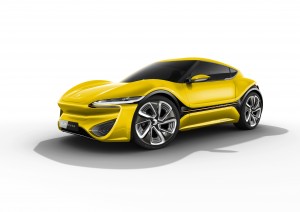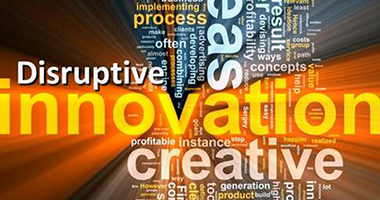As the automotive industry limps back to work post Covid-19 the world is a very different place & will stay that way for a long time. The future success of these companies is very dependent on having an adequate electric vehicle proposition as we head towards the next hurdle which is coming up fast – #Brexit & further ahead the abolition of fossil fuels cars in 2035 or even sooner. So what are the implications for manufacturers based in the U.K.
Aston Martin.
Recently announced redundancy for 25% of its workforce & the replacement of CEO Andy Palmer – the future of Aston depends on the success of its DBX SUV model which is built in South Wales. No electric models on the horizon.
Benley.
VW owned Bentley has now returned to work at Crewe but is struggling to maintain capacity & is rumoured to be running at @ 50% following the introduction of social distancing measures – consequently Bentley has announced redundancy plans affecting 25% of the workforce. Bentley doesn’t have a fully electric car but intends to develop one by 2025.
Jaguar Land Rover
JLR has returned to work at Solihull & more recently at Halewood. They have announced today that Castle Bromwich will not re-open until 10th August. JLR has one electric vehicle at he moment, the award winning I-Pace but this is built at the Magna plan in Austria. Plans are in place to extend the range & to build these cars at Castle Bromwich. JLR has not announced any post covid redundancies having gone through an extensive restructuring exercise in 2018/19 but no one would be too surprised if further cutbacks were announced given the company has lost 3 months production & was recently granted a 500 million loan from 3 Chinese banks.
Nissan
 Nissan recently returned to work at it’s Sunderland Plant following an announcement about a post Covid worldwide restructuring which will see the closure of its Barcelona Plant & commitment to Sunderland as a manufacturing centre for Quashqai & Juke SUV’s & could also produce their Renault counterparts the Kadjar & Capture.
Nissan recently returned to work at it’s Sunderland Plant following an announcement about a post Covid worldwide restructuring which will see the closure of its Barcelona Plant & commitment to Sunderland as a manufacturing centre for Quashqai & Juke SUV’s & could also produce their Renault counterparts the Kadjar & Capture.
This was further quantified by a statement a week later that this all depends on their being frictionless trade with Brussels. Given recent developments failure to achieve this by the EEC & the UK government would be tantamount to a suicide pact.
The other bonus for Nissan is that Sunderland produces 15k of the incredibly successful electric Leafs per year.
Toyota.
There have been no major announcements from Toyota but they have returned to work in Derbyshire producing a range of hybrid vehicles. Toyota’s strategy is to reduce overall carbon emissions by producing hybrid vehicles rather than full electric vehicles due to the current constraints around battery technology.
Mini
Have returned to work at Oxford having remodelled processes around social distancing & are producing some Electric Minis as part of the range.
Lotus
 — Geely group has invested in Lotus heavily & the company has a tight well targeted product range including the fantastic new all electric hypercar the Evija. The company has also benefited from picking up a number of talented & experienced engineers from JLR.
— Geely group has invested in Lotus heavily & the company has a tight well targeted product range including the fantastic new all electric hypercar the Evija. The company has also benefited from picking up a number of talented & experienced engineers from JLR.
Whatever the next few years brings we will be looking at a tighter, leaner UK Automotive industry with some losers & some big winners depending on their ability to meet the challenges of post Covid, Brexit & Electrification.
chris@amberhill.biz
www.amberhill.biz
 The implementation of IIOT (Industrial Internet of Things) is transforming industry in many ways & one of the most interesting is in enabling companies to manage carbon reduction strategies & in doing so to make processes more efficient in terms of cost, quality & most importantly energy usage.
The implementation of IIOT (Industrial Internet of Things) is transforming industry in many ways & one of the most interesting is in enabling companies to manage carbon reduction strategies & in doing so to make processes more efficient in terms of cost, quality & most importantly energy usage.
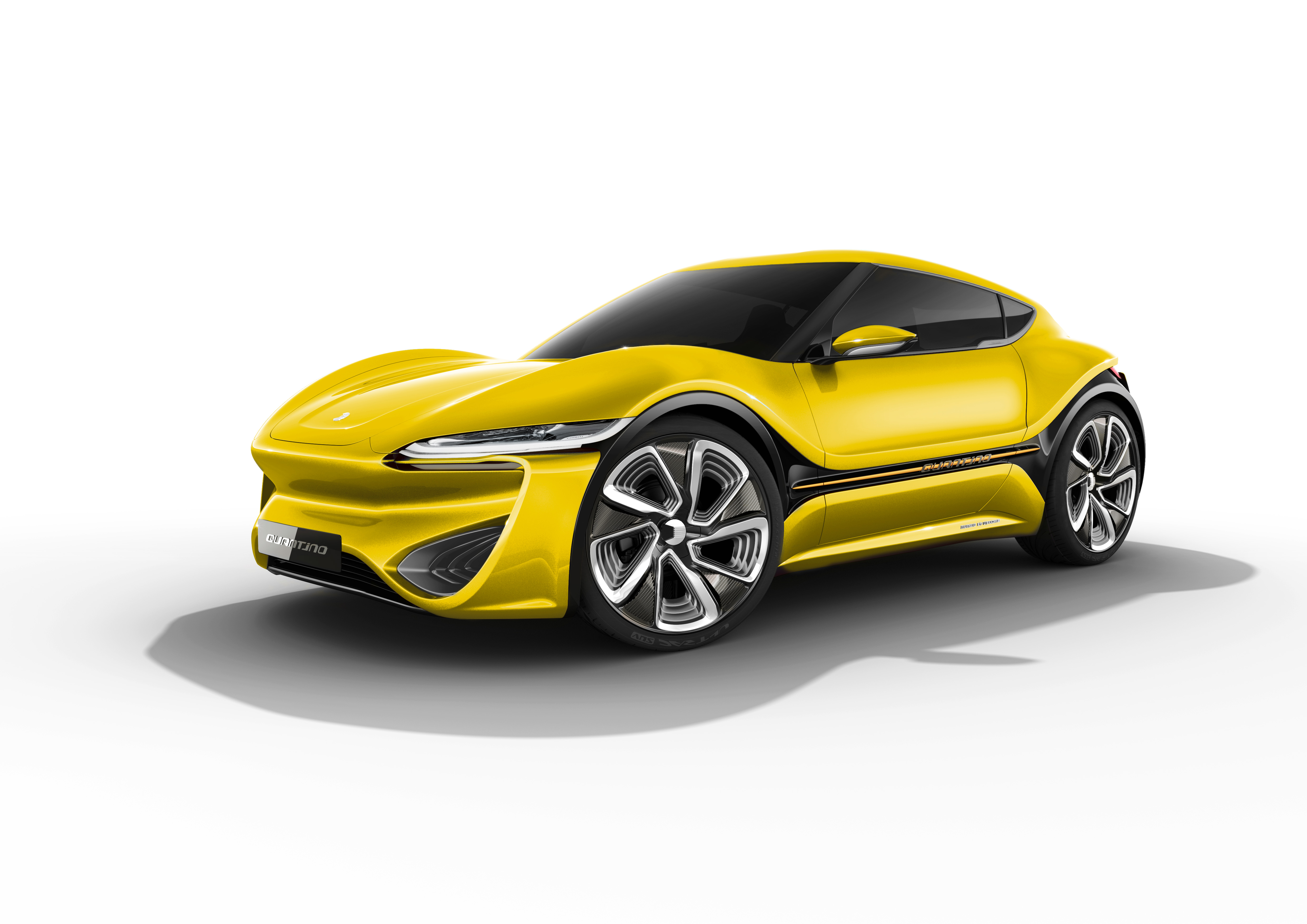 The U.K Governments decision to ban the sale of new petrol & diesel cars by 2030 presents some real challenges for the UK Automotive industry. A development lifecycle of 5-7 years is not unusual for a brand new model & when we are looking at a whole different powertrain & chassis with the consequent implications for production assembly then we are talking major developments.
The U.K Governments decision to ban the sale of new petrol & diesel cars by 2030 presents some real challenges for the UK Automotive industry. A development lifecycle of 5-7 years is not unusual for a brand new model & when we are looking at a whole different powertrain & chassis with the consequent implications for production assembly then we are talking major developments.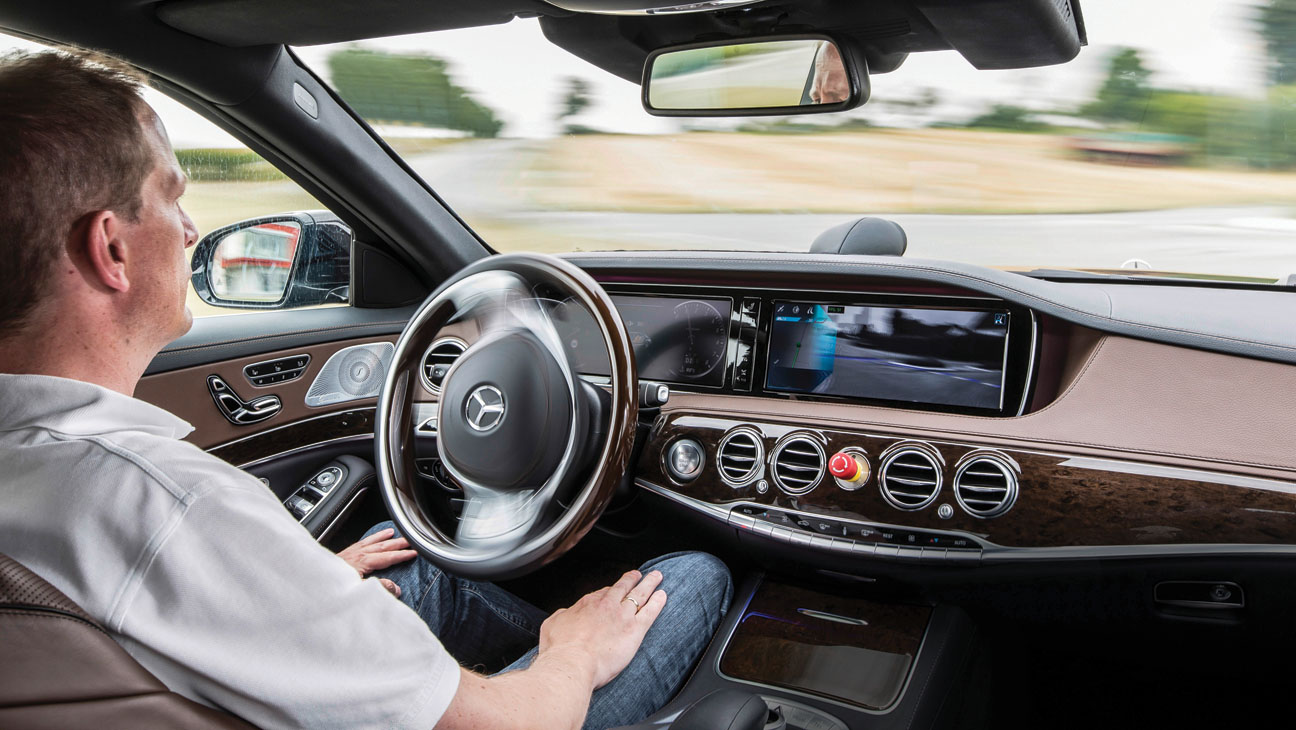 Wow!! – 2020 – you couldn’t make it up; so where are we headed in 2021?
Wow!! – 2020 – you couldn’t make it up; so where are we headed in 2021? Nissan recently returned to work at it’s Sunderland Plant following an announcement about a post Covid worldwide restructuring which will see the closure of its Barcelona Plant & commitment to Sunderland as a manufacturing centre for Quashqai & Juke SUV’s & could also produce their Renault counterparts the Kadjar & Capture.
Nissan recently returned to work at it’s Sunderland Plant following an announcement about a post Covid worldwide restructuring which will see the closure of its Barcelona Plant & commitment to Sunderland as a manufacturing centre for Quashqai & Juke SUV’s & could also produce their Renault counterparts the Kadjar & Capture. — Geely group has invested in Lotus heavily & the company has a tight well targeted product range including the fantastic new all electric hypercar the Evija. The company has also benefited from picking up a number of talented & experienced engineers from JLR.
— Geely group has invested in Lotus heavily & the company has a tight well targeted product range including the fantastic new all electric hypercar the Evija. The company has also benefited from picking up a number of talented & experienced engineers from JLR.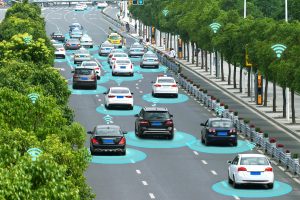
 ffer irreversible & catastrophic climate change.
ffer irreversible & catastrophic climate change.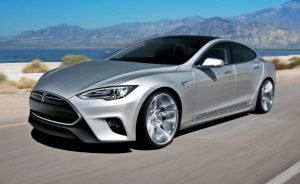 the industry did little to improve fuel efficiency until the oil crisis of the early 1970’s brought about the demise of gas guzzling V8’s & V12’s.
the industry did little to improve fuel efficiency until the oil crisis of the early 1970’s brought about the demise of gas guzzling V8’s & V12’s.